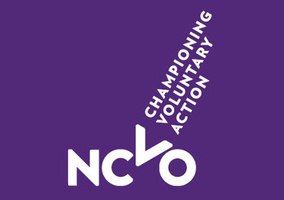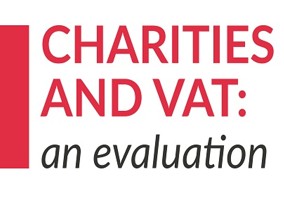A new guide aimed at helping charities “actively try and dispel” common myths about the sector, such as charities do not pay tax and they spend too much on overheads, has been published.
Dispelling Common Myths About Charities, published by the Institute of Chartered Accountants in England and Wales (ICAEW), offers practical recommendations to help dispel ten myths so public and donor confidence in the sector continues to build.
The 10 myths are:
- Charities spend too much on fundraising.
- They should not make a surplus or build up cash reserves.
- Too much is spent on highly paid executives.
- They should not undertake commercial activities.
- Charities should be run and staffed [for free] by volunteers.
- Too much is spent on overheads.
- Charities don’t pay taxes, so need less money.
- Professional qualifications are needed to become a charity trustee.
- Charities are less vulnerable to fraud than other organisations.
- Charities should not engage in campaigning and political activity.
Paying tax
The guide says that because registered charities qualify for some tax exemptions, there is a mistaken belief that charities do not pay any tax.
However, it cites 2020 research from the Charity Tax Group which found that overall, tax contributions from charities outweigh the tax reliefs they claim.
In order to dispel this myth, it makes two recommendations.
Firstly, that: “Charities should explain their tax contributions and the relevant tax reliefs and exemptions they have been granted to dispel the myth that they are not paying taxes.”
Secondly, that charities should “review their tax strategy to ensure they are claiming relevant tax reliefs and exemptions so they can maximise the funds available for their work”.
Overheads
The guide says it is also a myth that charities overspend too much on overheads, and that the UK Civil Society Almanac 2022 says that 86% of the sector’s expenditure related to activities directly linked to a charity’s purpose.
However, it adds: “Unfortunately, the concern about administration costs leads some charities to claim that all the income raised will go directly to the cause, implying that there are no overheads.”
In order to combat this misunderstanding, the guide says: “Charities should understand their administration and other related costs and explain how such investment will increase efficiency and improve impact, transparency, governance and leadership.
“If trustees and management have a clear grasp of the charity’s cost base, they can assess better where savings may be possible or where more investment could reduce costs in the longer term, for example through automated processes.
“When there is a gap between actual overheads and the amount recovered on funded projects, charities rely on unrestricted grants and donations to subsidise their service delivery.
“Charities that know their actual overhead percentage can negotiate more effectively with funders, communicate the true cost of their work and prepare funding bids using full cost recovery principles.”
Executive pay
The guide also recommends that charities benchmark executive remuneration against similar roles in organisations that are comparable in size, sector and location, in order to demonstrate that executive pay is not excessive, a myth fuelled by some media coverage.
It adds that charities should “aim to explain their remuneration policies and senior management pay in the context of the executives’ responsibilities to maintain public confidence in their work”.
“Context is important, so charities should highlight how the senior management team have contributed to the positive impact of their work,” the guide suggests.
“Charities may also choose to communicate their commitment to paying all employees a fair wage, for example, if they are accredited by the Living Wage Foundation.”
‘Actively try and dispel these myths’
The working group that co-ordinated the guide, included charity practitioners from BDO, Crowe and RSM. It was chaired by Pesh Framjee, who has led several not-for-profit teams within accountancy firms.
He said: “There are many negative misconceptions created by the myths that abound about charities.
“As someone that has worked with and for charities for over 35 years, I too often see the negative consequences that impact on charities.
“It is incumbent on all of us who recognise the important work that charities do to actively try and dispel these myths and ensure that the popular narrative focuses on the facts and reality.”
Related articles












